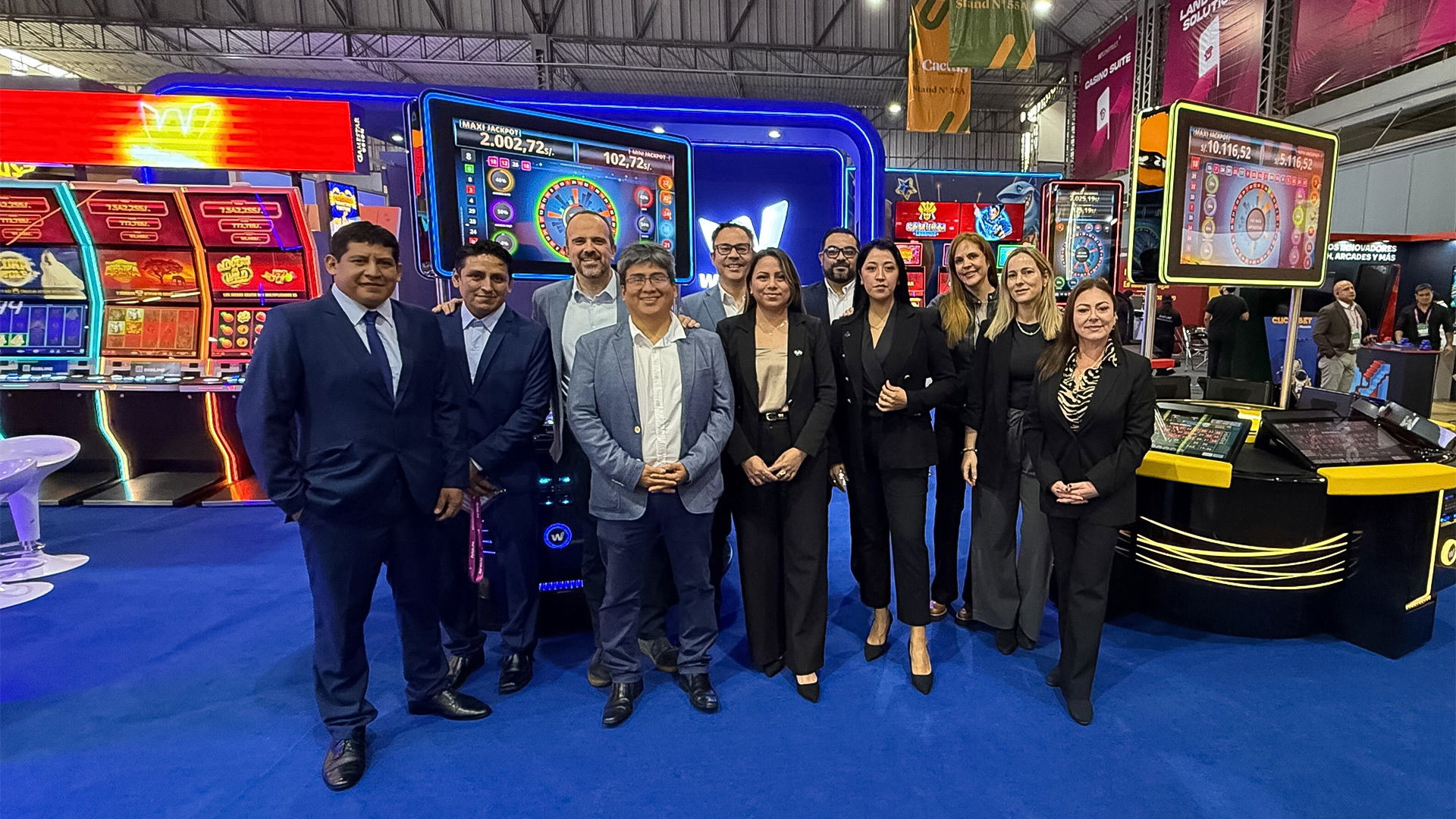“Panama is reaching the point of market saturation”

From the association point of view, Which has been the overview of the casino and games of chance sector during 2010, both from the businessmen and the player’s point of view?
2010 in Panama has occurred without more frights. Seven hotels are being built, with more than 300 rooms, in the capital city. It brings them the right to operate a casino within their installations. Up to the moment, just three have started the process to obtain the license, and they are expected to be operational in 2011.
In the association, we support any application that complies with the requirements of the law, but we think that we are already reaching a point of market saturation, which means starting to set higher goals or choose the sites where new operations may be installed to the already existing offer. On the other hand, five mega slot halls have been opened, saturating the street market, too.
Which are the main problems that affect its sector? Which would be the potential solutions?
We are mainly worried about what can arise with the evolution of the games of chance sectors, whose technological improvements go faster than regulations. This is not a problem of Panama only, but from the whole world where legal gaming exists. Not having clear rules for the new modalities (may be internet games, online casinos, skill games, etc) regulated business are put in danger, in advantage of others that many times do not pay taxes and rights and, if they do, those taxes are inferior than to the ones who pay legal casinos.
How do you see casinos and gambling venues at a local level and in other important Latin American countries?
As well as on the other countries of the region, the economic crisis affected al the sectors of the local businesses, mainly during 2009 and 2010. Just now they are showing signs of recovery, but in a very slow way. Panamanian casino operators were affected in their growth which was under the historical growth. With this setback and the increment of the competence, we can expect 2011 to be a year of stabilization for the industry, with a moderated growth, if so.
Which is the main legislative and regulatory change registered at a local level and in Latin America during the year?
In Panama, laws and regulations are required to be revised completely so both the regulador and the regulated casinos have the certainty of the gaming rules. As an association, we are making the efforts. We have presented projects to the regulator, which has seen the need of these reforms, and we are analyzing some of them together.
We trust that, during 2011, revisions and/or changes can be done to the bill and the regulations. Our gaming legislation was an example for many countries. We believe it will be an example again with the changes proposed, in order to adequate them to the new technologies and to solve some areas that require more clarity for their application.
What are your expectations for 2011?
As a trade union, our plan is to keep on fighting so the industry is acknowledged at all levels-private, official and national-as a real source of creation of well-paid employments, as well as an important contributor of taxes to the country. Our responsible gaming programs and our money laundering programs will continue being a responsibility for our members and collaborators.
















































